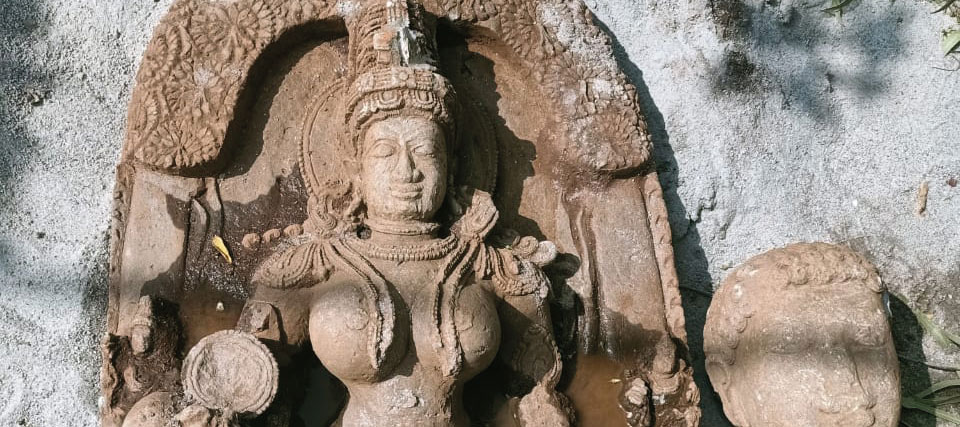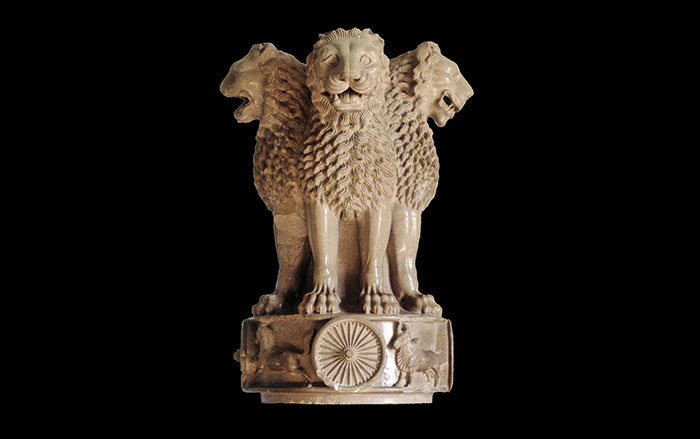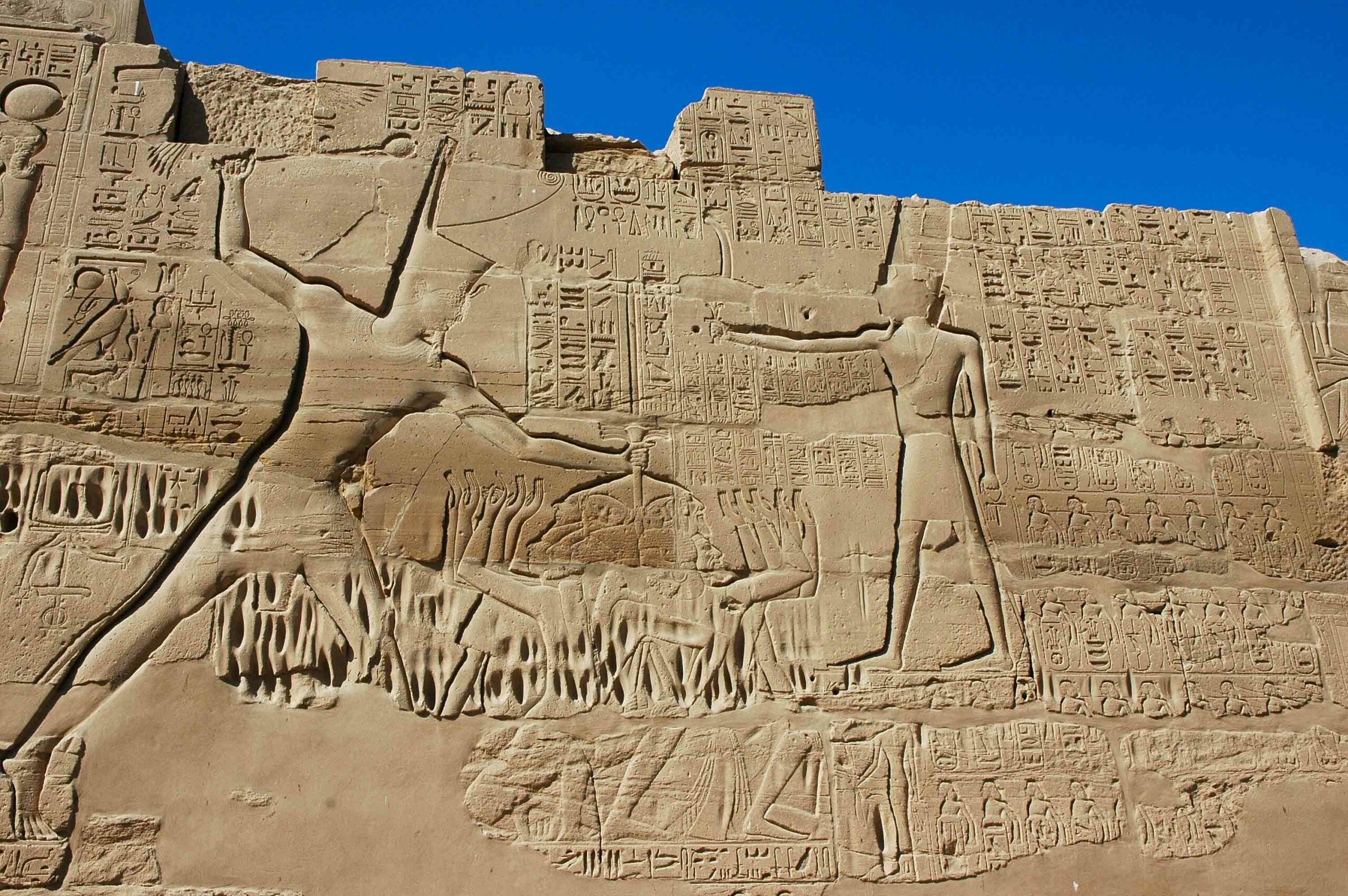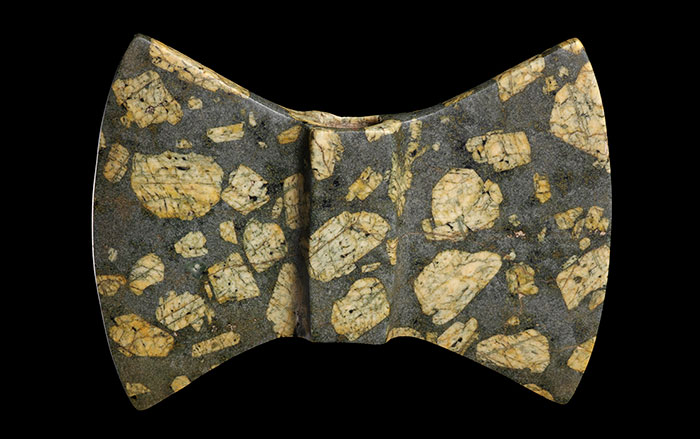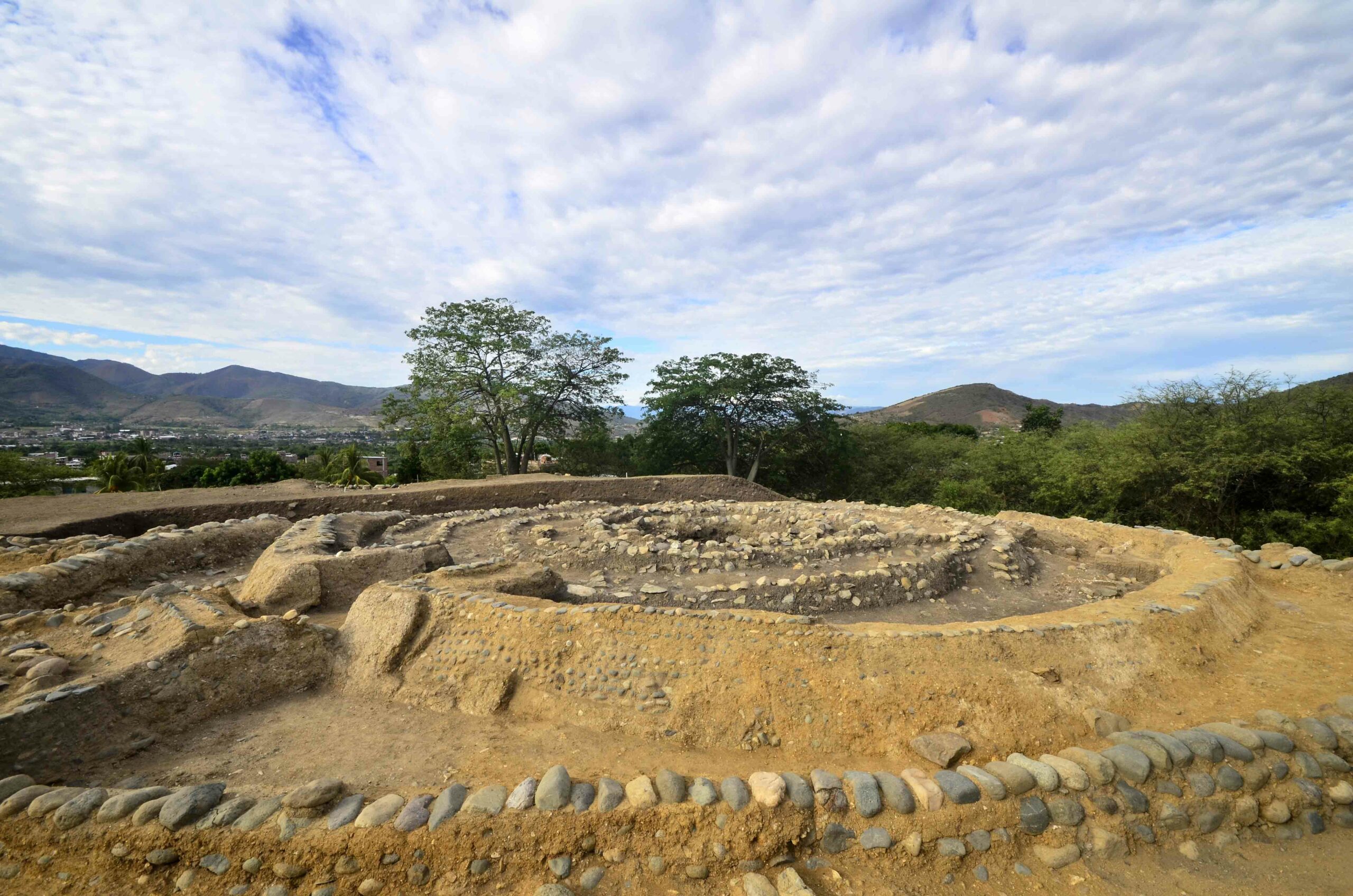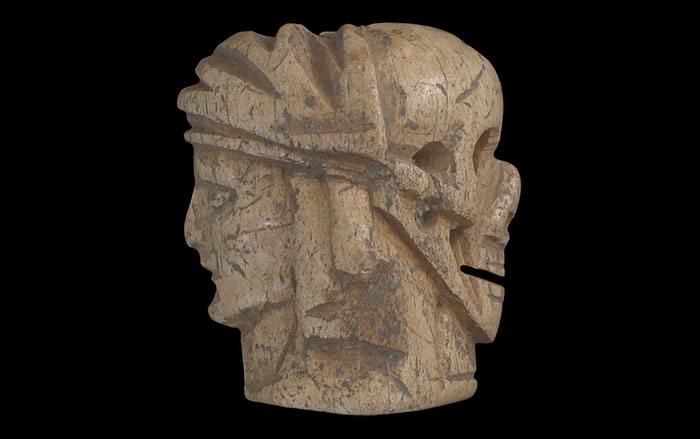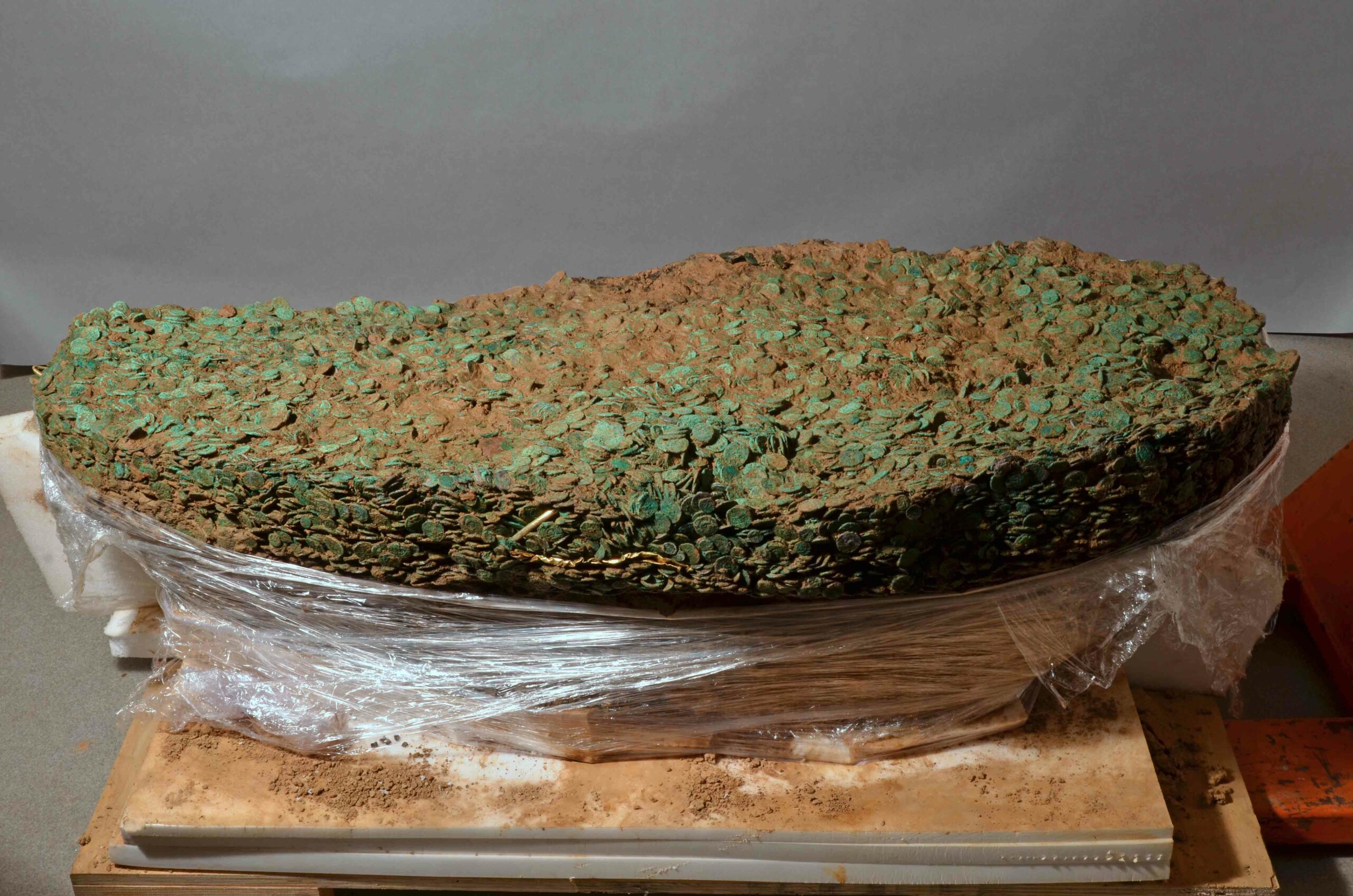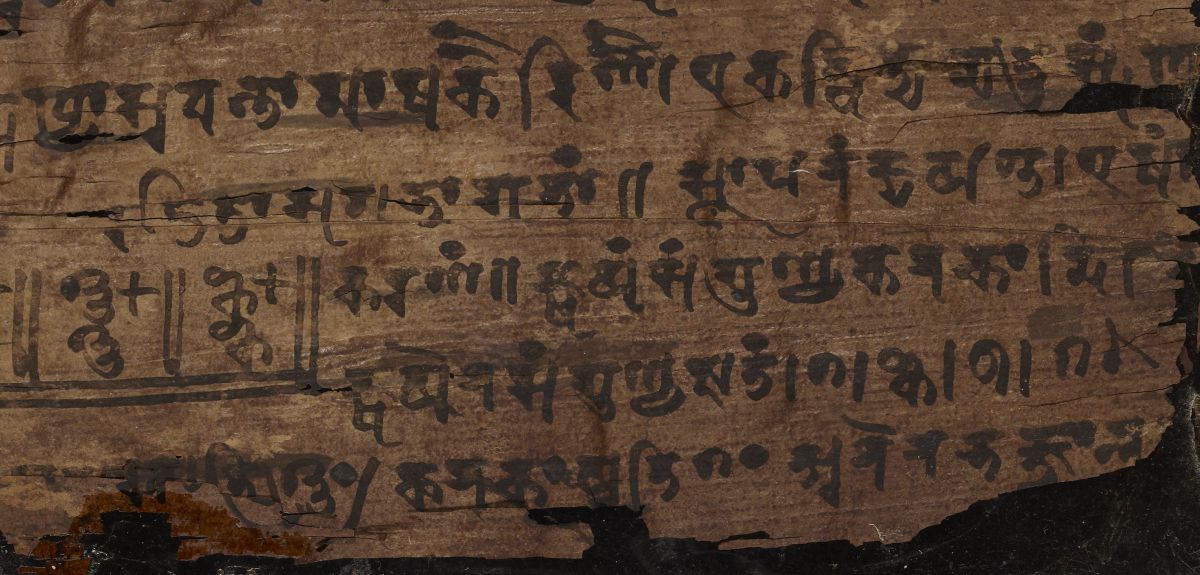
OXFORD, ENGLAND—The Guardian reports that new radiocarbon dates have been obtained for the Bakhshali manuscript, which was written in an ancient form of Sanskrit on 70 pieces of birch bark, by members of the Heritage Science team at the University of Oxford’s Bodleian Libraries. The text, discovered in 1881 in a village located in what is now Pakistan, is thought to have been a training manual complete with practice arithmetic problems for merchants trading on the Silk Road, and is known for its use of a dot to represent the concept of zero. The new dates indicate the oldest pieces of the Bakhshali manuscript date to the third or fourth century A.D., or about 500 years earlier than had been previously thought, based upon the style of writing and the content. The new dates make the Bakhshali manuscript the oldest-known record of the use of the zero symbol. For more on ancient writing, go to “London’s Earliest Writing.”


